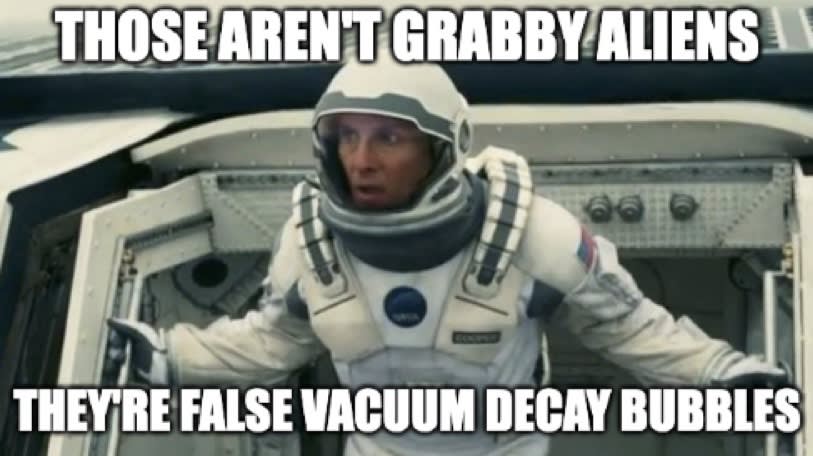There is dispute among EAs--and the general public more broadly--about whether morality is objective. So I thought I'd kick off a debate about this, and try to draw more people into reading and posting on the forum! Here is my opening volley in the debate, and I encourage others to respond.
Unlike a lot of effective altruists and people in my segment of the internet, I am a moral realist. I think morality is objective. I thought I'd set out to defend this view.
Let’s first define moral realism. It’s the idea that there are some stance independent moral truths. Something is stance independent if it doesn’t depend on what anyone thinks or feels about it. So, for instance, that I have arms is stance independently true—it doesn’t depend on what anyone thinks about it. That ice cream is tasty is stance dependently true; it might be tasty to me but not to you, and a person who thinks it’s not tasty isn’t making an error.
So, in short, moral realism is the idea that there are things that you should or shouldn’t do and that this fact doesn’t depend on what anyone thinks about them. So, for instance, suppose you take a baby and hit it with great force with a hammer. Moral realism says:
1. You’re doing something wrong.
2. That fact doesn’t depend on anyone’s beliefs about it. You approving of it, or the person appraising the situation approving of it, or society approving of it doesn’t determine its wrongness (of course, it might be that what makes its wrong is its effects on the baby, resulting in the baby not approving of it, but that’s different from someone’s higher-level beliefs about the act. It’s an objective fact that a particular person won a high-school debate round, even though that depended on what the judges thought).
Moral realism says that some moral statements are true and this doesn’t depend on what people think about it. Now, there are only three possible ways any particular moral statement can fail to be stance independently true:
1. It’s


After recently joining an Amnesty subgroup involved with corporate social responsibility, motivated because spreading EA through already existing structures is presumably the most impactful option in my power, I wonder as to how current sub-optimal efforts (e.g. arranging a geust speaker for the entire student group, creating flyers for consumer awareness on fair trade) can best be altered to allign with EA and thereby further the Amnesty agenda.
I've already planned to meet with a CSR professor at my university in hopes of finding possible projects to involve ourselves with, but if someone here has any ideas for low-effort, high-impact projects we could be doing, as well as ideas about how to best integrate EA into existing structures in general, please let me know.
Rough outline of a variant of a potential plan:
1.1. identify other (student) groups, perhaps non-Amnesty ones/ other organizations, to cooperate on certain projects with.
1.2. limited to corporations with a public image to protect, identify practices that score highest on: structurality, abhorrence, and impact.
1.3. use said cooperation to put pressure (how???) on those responsible for said practices such that it changes. (It might be worthwhile to speak with someone from Wakker Dier, an organization that to a highly successful extent used, among other things, shaming to get massive corporations to only sell animal products stemming from animal friendly farms.)
In order to establish a positive feedback loop and maintain commitment, it's imperative that whatever project is decided upon is either somewhat fun or has a high likelihood of succeeding.
Either way, after lurking here for a while, it feels good to have finally become active, and I look forward to spending more of my online-time with you folk.